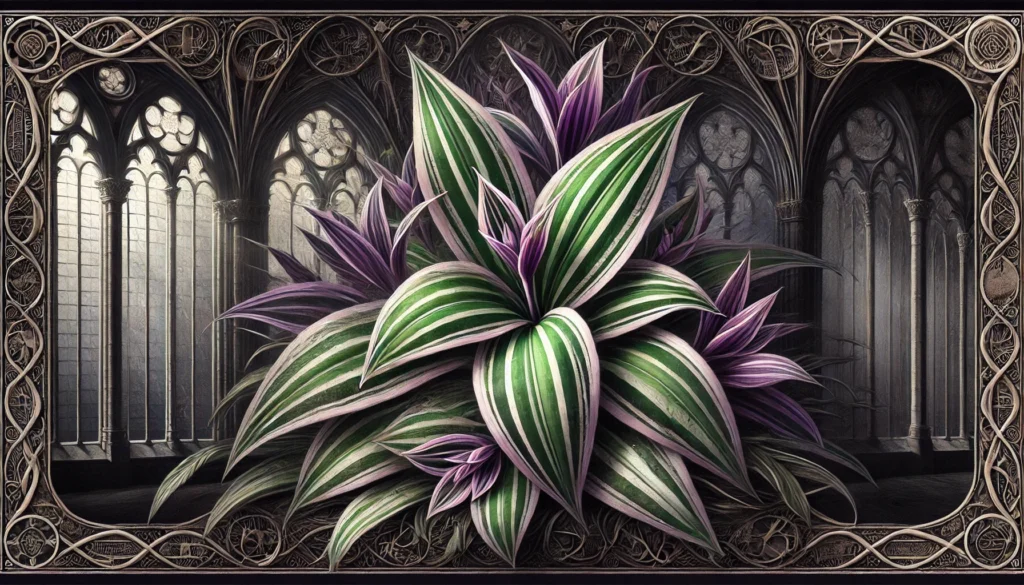Q: Are Variegated Inch Plants toxic to cats?
A: Yes, Variegated Inch Plants are toxic to cats. They contain calcium oxalate crystals that can cause irritation, vomiting, and drooling when ingested.
Q: What happens if a cat eats Variegated Inch Plant?
A: If a cat eats a Variegated Inch Plant, it may experience symptoms like vomiting, drooling, and oral discomfort. Immediate veterinary care is crucial to prevent further health complications.
Q: Are all parts of the Variegated Inch Plant toxic to cats?
A: Yes, all parts of the Variegated Inch Plant, including the leaves and stems, are toxic to cats. These parts contain harmful compounds that can cause significant irritation.
Q: How much Variegated Inch Plant is harmful to cats?
A: Even small amounts of Variegated Inch Plant can be harmful to cats. Ingesting any part of the plant can result in toxic reactions, so it’s essential to keep it out of reach.
Q: Can Variegated Inch Plant poisoning in cats be fatal?
A: Variegated Inch Plant poisoning is rarely fatal but can cause serious health problems in cats. Quick treatment is necessary to alleviate symptoms and ensure a full recovery.
Q: What should I do if my cat ingests Variegated Inch Plant?
A: If your cat ingests Variegated Inch Plant, contact your veterinarian immediately. Early intervention can reduce the toxic effects and protect your cat’s health.



